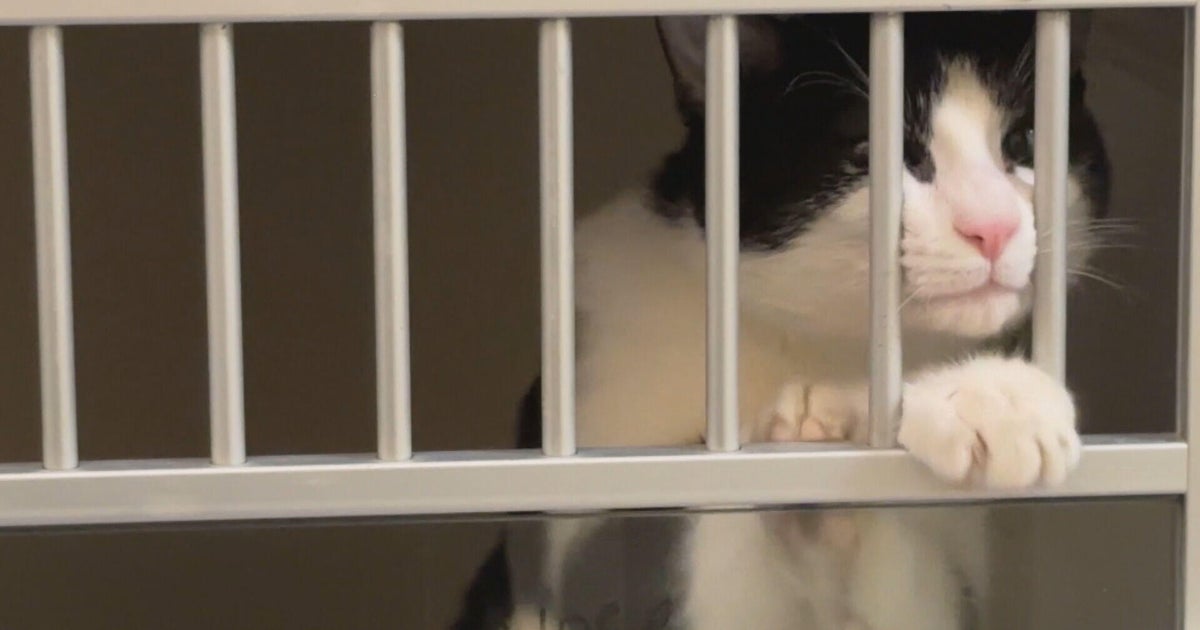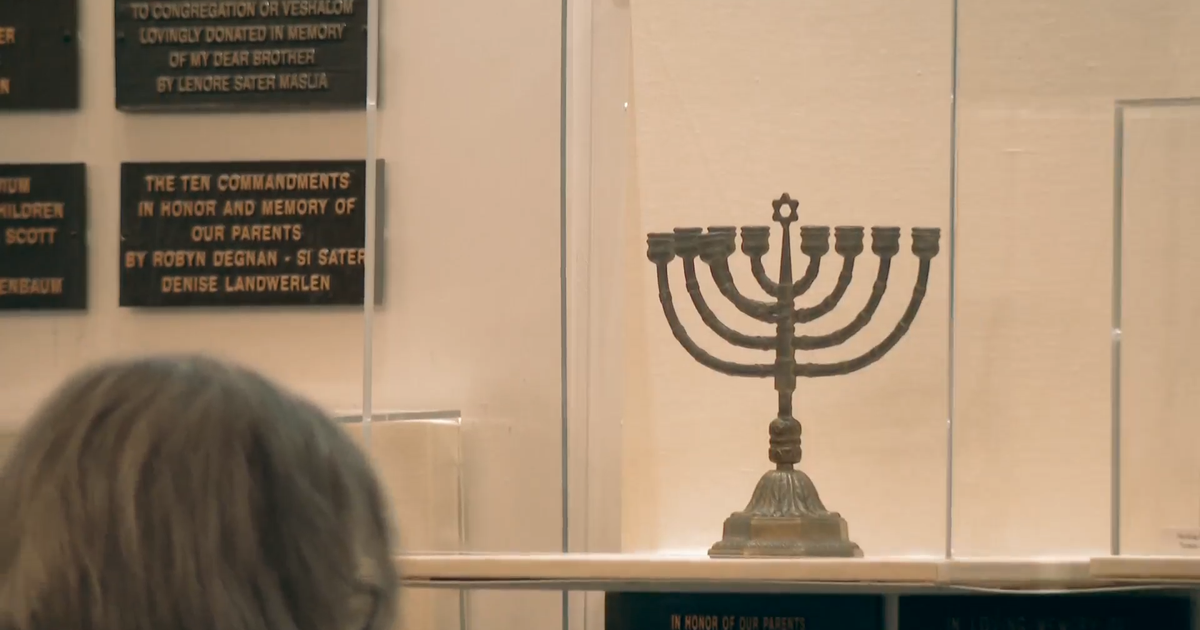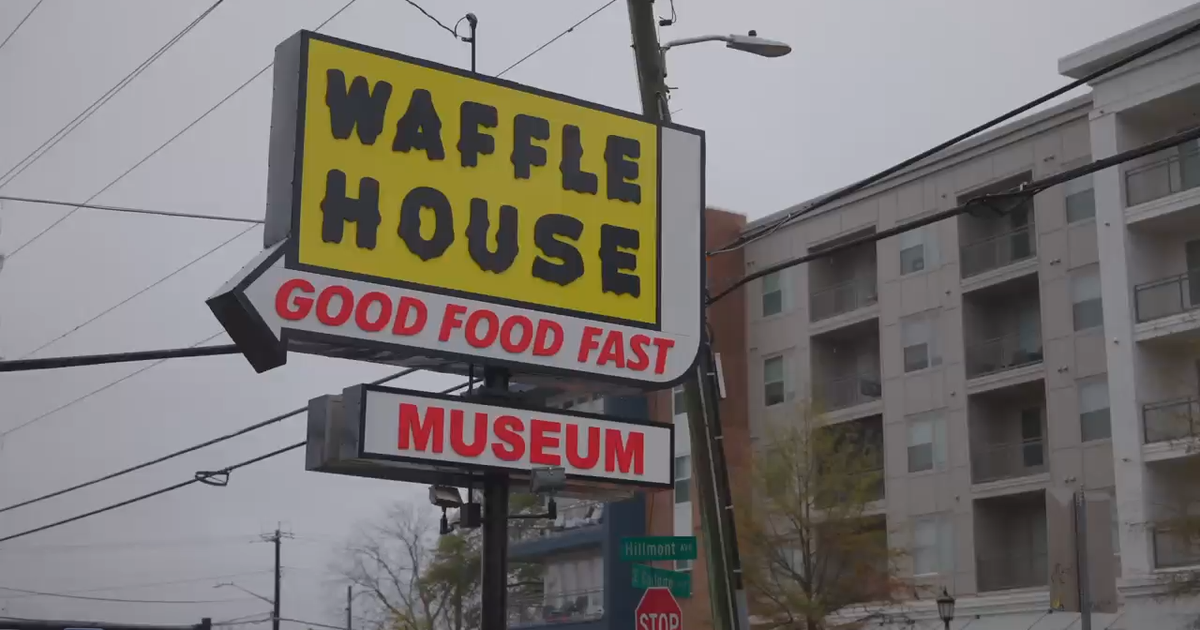How much is Massachusetts spending to shelter and feed migrants and homeless? I-Team obtains vendor contracts
BOSTON - Massachusetts has not been shy about how much money the shelter and migrant crisis is costing taxpayers. The I-Team looked into where some of the money is being spent, obtaining vendor contracts for services and hotels, including a no-bid contract for $10 million for a company providing meals.
WBZ first reported finding dozens of migrant families sleeping at Logan Airport, and the state is housing hundreds of others in overflow shelters like the one at Melnea Cass Recreation Complex.
Housing in hotels and motels
But these locations do not include the thousands of homeless and migrants living in hotels and motels. So just how much money is the state paying for lodging?
Records obtained by the I-Team show the state has 17 contracts for housing totaling more than $116 million. Those contracts are only for fiscal year 2024 and end in June.
Senator Peter Durant (R- Worcester) says, "this is something that we have been asking the administration for information on, for the better part of a year and have been stonewalled on the information. So I think for you to get it, I think it's really important."
In some cases, the hotels are collecting money from the state for three meals a day, $16 for breakfast, $17 for lunch and $31 for dinner. That means $64 dollars a day per person.
Right to Shelter law
The state's Right to Shelter law requires it to provide families with refrigeration and basic cooking facilities. But some of the accommodations do not have those appliances leaving the state to contract out for food and delivery.
Spinelli Ravioli Manufacturing Company in East Boston, a full-service drop-off catering company with 30 years' experience in the industry was awarded a $10 million-dollar six-month no-bid contract to provide and deliver meals.
Spinelli's tells the I-Team, "As an approved state vendor, Spinelli's was contacted at the onset of the crisis. We are not the exclusive meal vendor and do not have a guaranteed contract, or financial agreement, beyond this initial emergency period. We are currently in the bid process for an enduring contract and are looking forward to continue to aid the State and the Executive Office of Housing and Livable Communities to reach their goals."
No-bid contract
The state's Executive Office of Housing and Livable Communities says the no-bid contract is justified because of the unprecedented increased demand and the requirement that families be provided with three meals a day or sufficient food access. Spinelli's contract runs through the end of March.
Senator Durant says these contracts are just the tip of the iceberg on the overall cost of the crisis. "The MassHealth cost and the educational cost," Durant said. "That's the concern is the money has to come from somewhere and so there's only really two options. You either raise taxes or you cut services. So, this all of this kind of flows downhill right straight to the taxpayers."
In January, Gov. Maura Healey proposed an $873 million supplemental budget that would help pay for the current shelter shortfall. The rest of the money would be used for the projected cost of emergency assistance in 2025.









